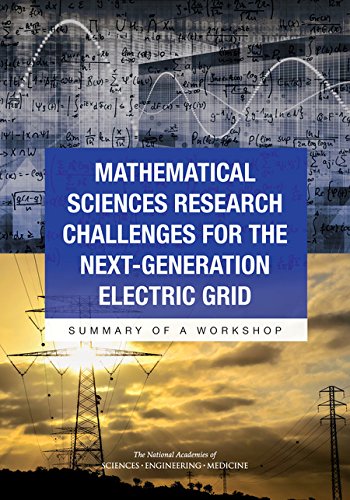

Most ebook files are in PDF format, so you can easily read them using various software such as Foxit Reader or directly on the Google Chrome browser.
Some ebook files are released by publishers in other formats such as .awz, .mobi, .epub, .fb2, etc. You may need to install specific software to read these formats on mobile/PC, such as Calibre.
Please read the tutorial at this link: https://ebookbell.com/faq
We offer FREE conversion to the popular formats you request; however, this may take some time. Therefore, right after payment, please email us, and we will try to provide the service as quickly as possible.
For some exceptional file formats or broken links (if any), please refrain from opening any disputes. Instead, email us first, and we will try to assist within a maximum of 6 hours.
EbookBell Team

4.0
26 reviewsIf the United States is to sustain its economic prosperity, quality of life, and global competitiveness, it must continue to have an abundance of secure, reliable, and affordable energy resources. There have been many improvements in the technology and capability of the electric grid over the past several decades. Many of these advances to the grid depend on complex mathematical algorithms and techniques, and as the complexity of the grid has increased, the analytical demands have also increased.
The workshop summarized in this report was developed as part of an ongoing study of the Committee on Analytical Research Foundations for the Next-Generation Electric Grid. Mathematical Sciences Research Challenges for the Next-Generation Electric Grid summarizes the presentations and discussions from this workshop. This report identifies critical areas of mathematical and computational research that must be addressed for the next-generation electric transmission and distribution system and to identify future needs and ways that current research efforts in these areas could be adjusted or augmented.